Human history is rich and abundant, yet a large part of it is still undiscovered. While we have first-hand entries from great leaders and thinkers, not having found any physical evidence has blurred the lines between history and mythology. However, every once in a while, archaeologists stumble upon something that unblurs these lines. One such discovery, made in 2016, was the precious metal “Orichalcum,” which pointed toward the existence of the “Lost City of Atlantis.” The detailed findings have been mentioned by the researchers in the Journal of Archaeological Science.
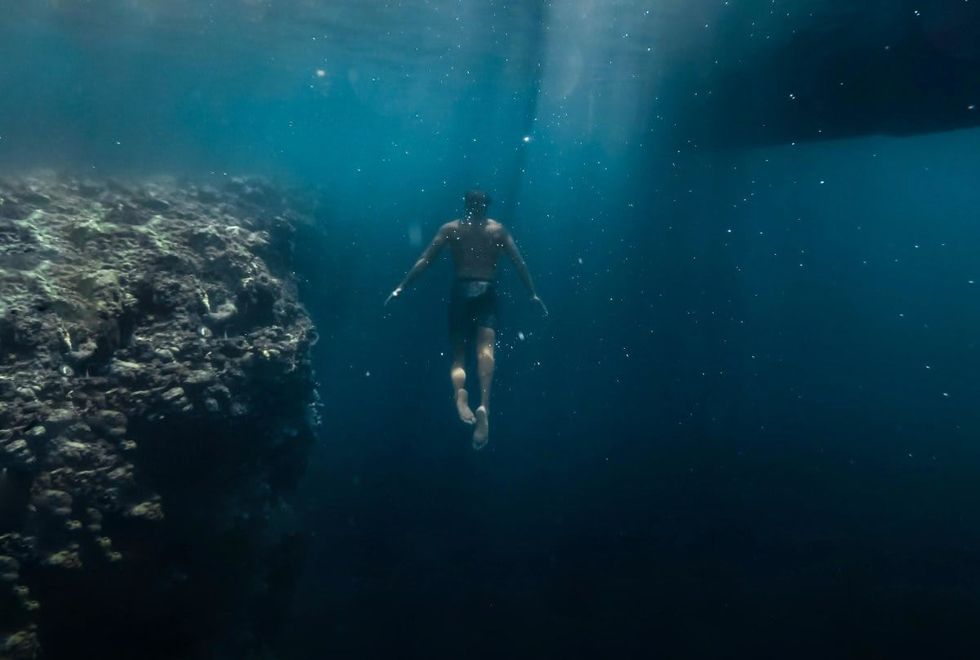
Off the coast of Sicily, 47 ingots were found in a shipwreck dating back to the end of the 6th and beginning of the 5th century B.C, in the seabed of Contrada Bulala, near the ancient Greek town of Gela. However, this wasn't the first time the researchers found this metal. In the same area in December 2014, the local diver Francesco Cassarino discovered 40 ingots. Constituting mainly copper and zinc, this alloy was considered a precious metal, per the research. It had the third-highest commercial value after gold and silver.
It was the Greek philosopher Plato who first used the word “Orichalcum” while describing Atlantis. According to the researchers, he wrote that this precious material was used to decorate the lost island. Plato is famous for creating the legend of Atlantis, but it has been deemed false by historians over the years. He wrote about the lost city in 350 BC and said that it existed about 9,000 years before his own time. His writings about the lost city are the only known records of its existence, per National Geographic. However, the discovery of a large number of orichalcum ingots, weighing around 60 kg, has reignited the researchers' interest in the lost city.
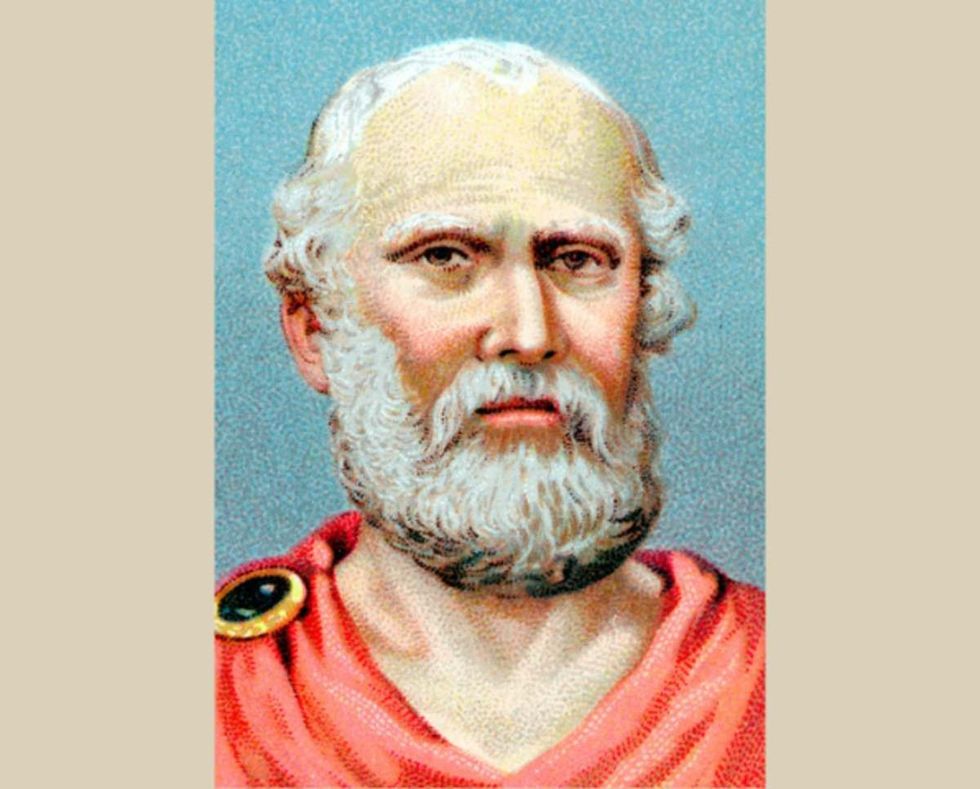
According to the World History Encyclopedia, orichalcum was a valuable metal at the time and was also defined as “gold copper.” The metal got its name from the various translations of its compounds. The word Orichalcum came from the Greek word “oros” which means mountain and “chalkos” which means copper or bronze, thus, translating it as “mountain copper.” The Romans referred to the metal as “aurichalcum,” to add the word “aurum” which means gold.
The discovery of orichalcum has rekindled the curiosity of many to figure out whether there may be some truth in this ancient tale. In his writings, Plato mentioned Orichalcum and its valuable presence throughout the lost city. He even noted that the same was used for important and sacred structures. “In the interior of the temple, the roof was of ivory, curiously wrought everywhere with gold and silver and orichalcum; and all the other parts, the walls and pillars, and floor, they [were] coated with orichalcum,” he wrote in his dialogue “Critias.”
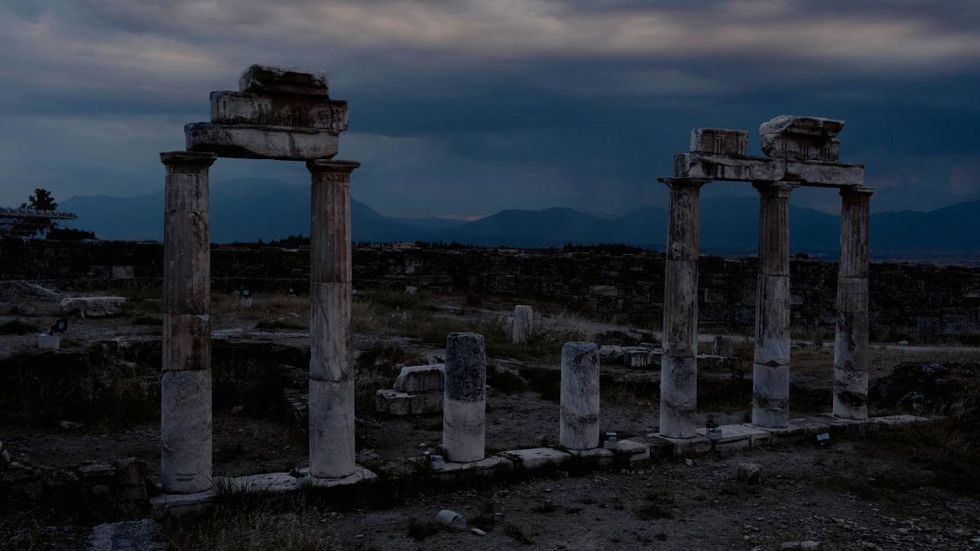
Another mention of the precious metal has been seen as early as 630 BC. This was found in the Homeric Hymn to Aphrodite. However, in the extract, the word “Orichalcum” was not used. Instead, its alternative name “mountain copper” was found. The extract read, “On her immortal head, they laid a crown of gold, that was wonderfully made; and in the pierced lobes of her ears they hung, flowers of copper, from the mountains and precious gold.” There is more study to be done and more findings to be made to validate the existence of the lost city of Atlantis but the discovery of the orichalcum is one fruitful beginning.


















 Pictured: The newspaper ad announcing Taco Bell's purchase of the Liberty Bell.Photo credit: @lateralus1665
Pictured: The newspaper ad announcing Taco Bell's purchase of the Liberty Bell.Photo credit: @lateralus1665 One of the later announcements of the fake "Washing of the Lions" events.Photo credit: Wikimedia Commons
One of the later announcements of the fake "Washing of the Lions" events.Photo credit: Wikimedia Commons This prank went a little too far...Photo credit: Canva
This prank went a little too far...Photo credit: Canva The smoky prank that was confused for an actual volcanic eruption.Photo credit: Harold Wahlman
The smoky prank that was confused for an actual volcanic eruption.Photo credit: Harold Wahlman
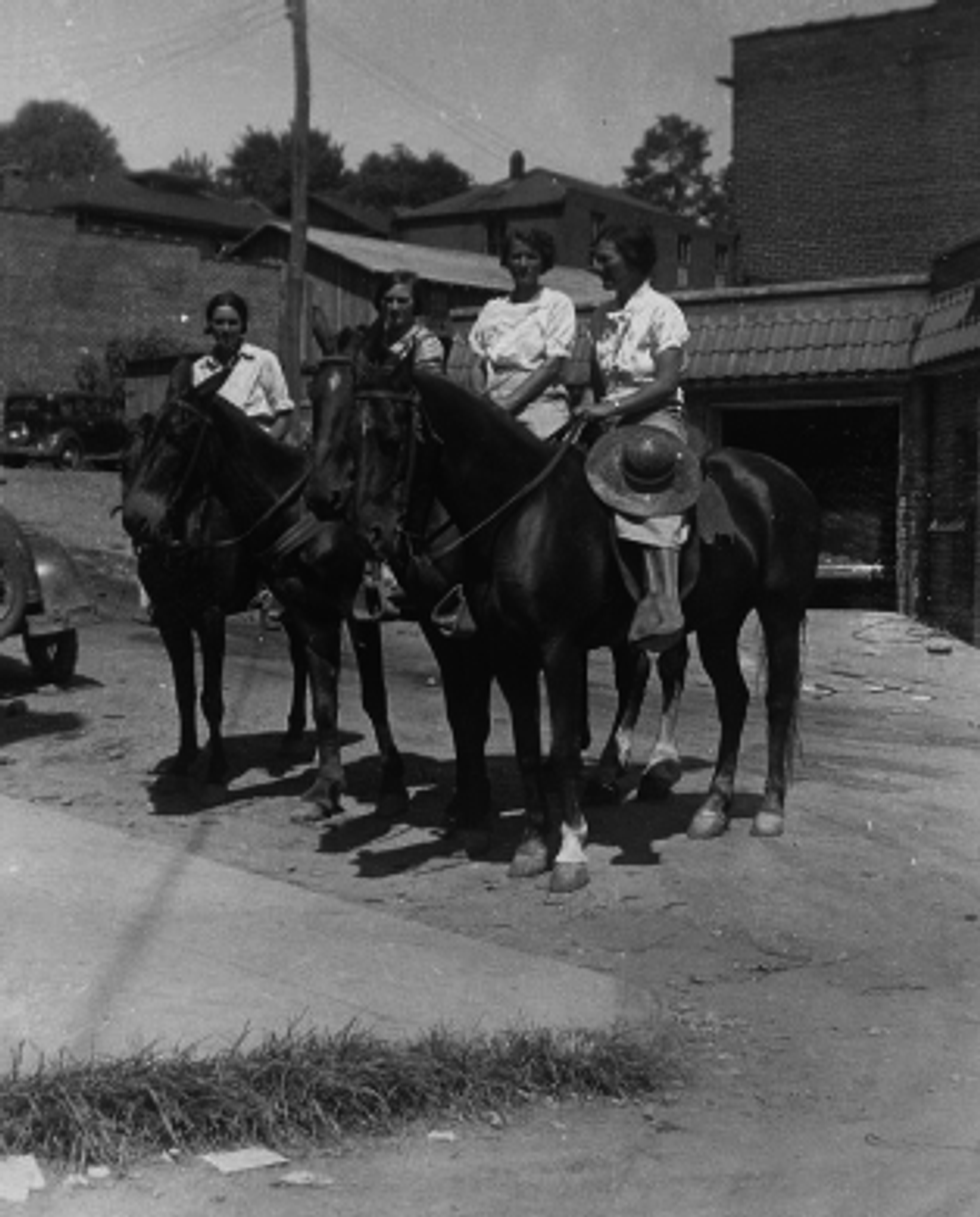 Packhorse librarians ready to start delivering books.
Packhorse librarians ready to start delivering books.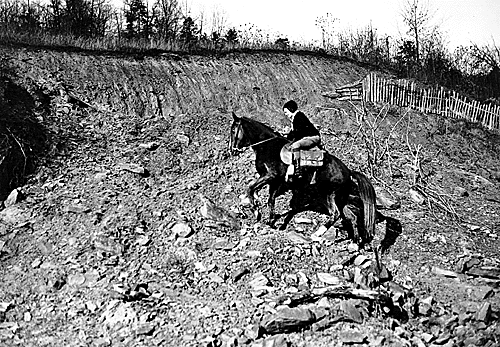 Pack Horse Library Project - Wikipedia
Pack Horse Library Project - Wikipedia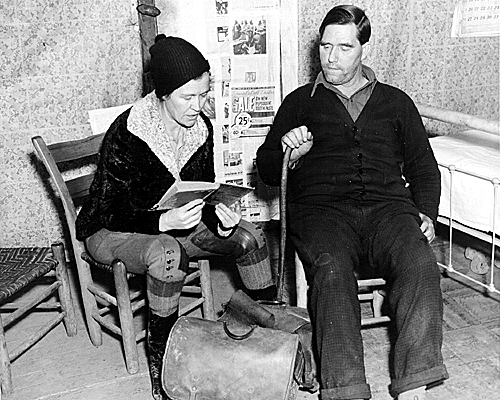 Packhorse librarian reading to a man.
Packhorse librarian reading to a man.
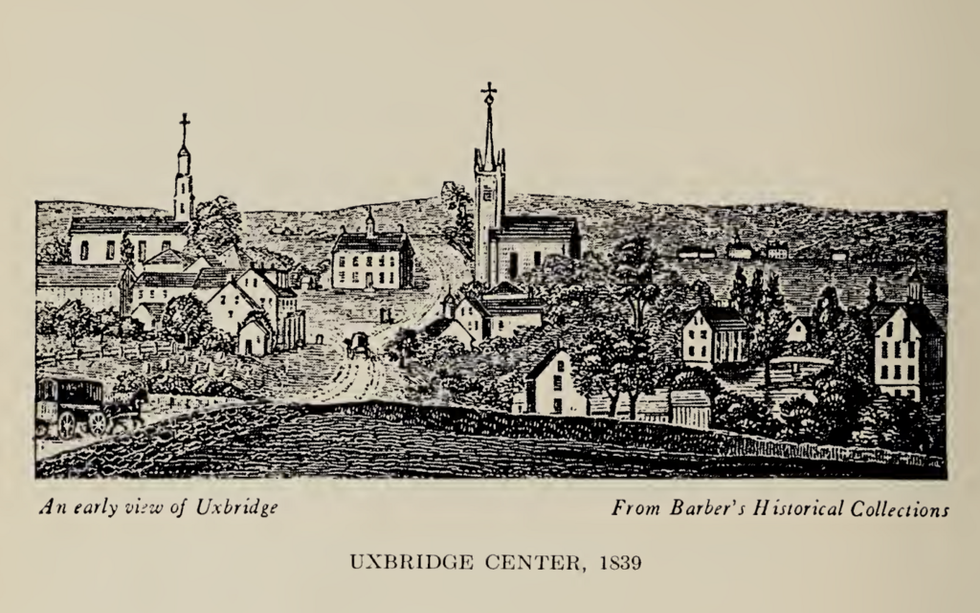 Fichier:Uxbridge Center, 1839.png — Wikipédia
Fichier:Uxbridge Center, 1839.png — Wikipédia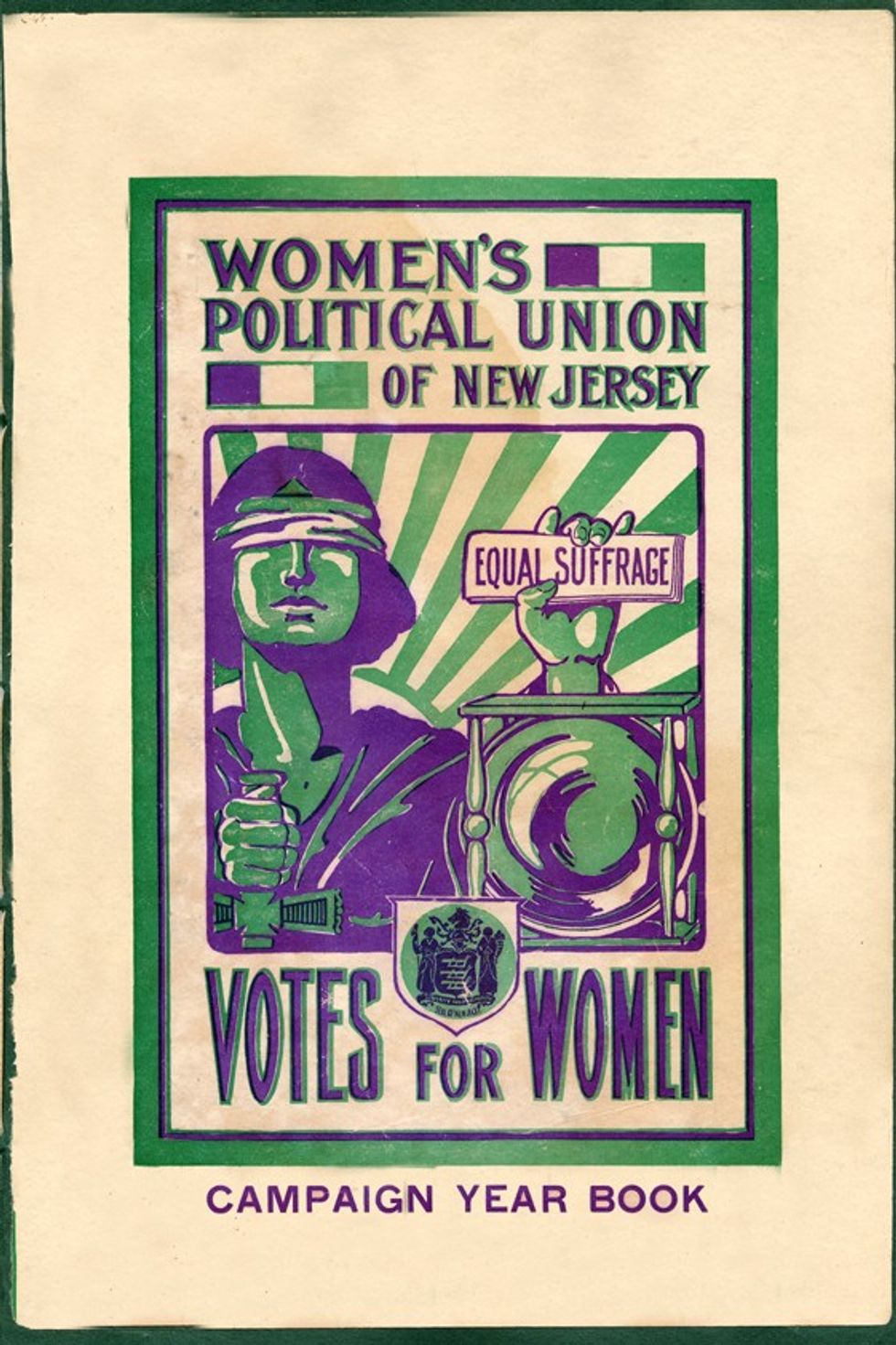 File:Women's Political Union of New Jersey.jpg - Wikimedia Commons
File:Women's Political Union of New Jersey.jpg - Wikimedia Commons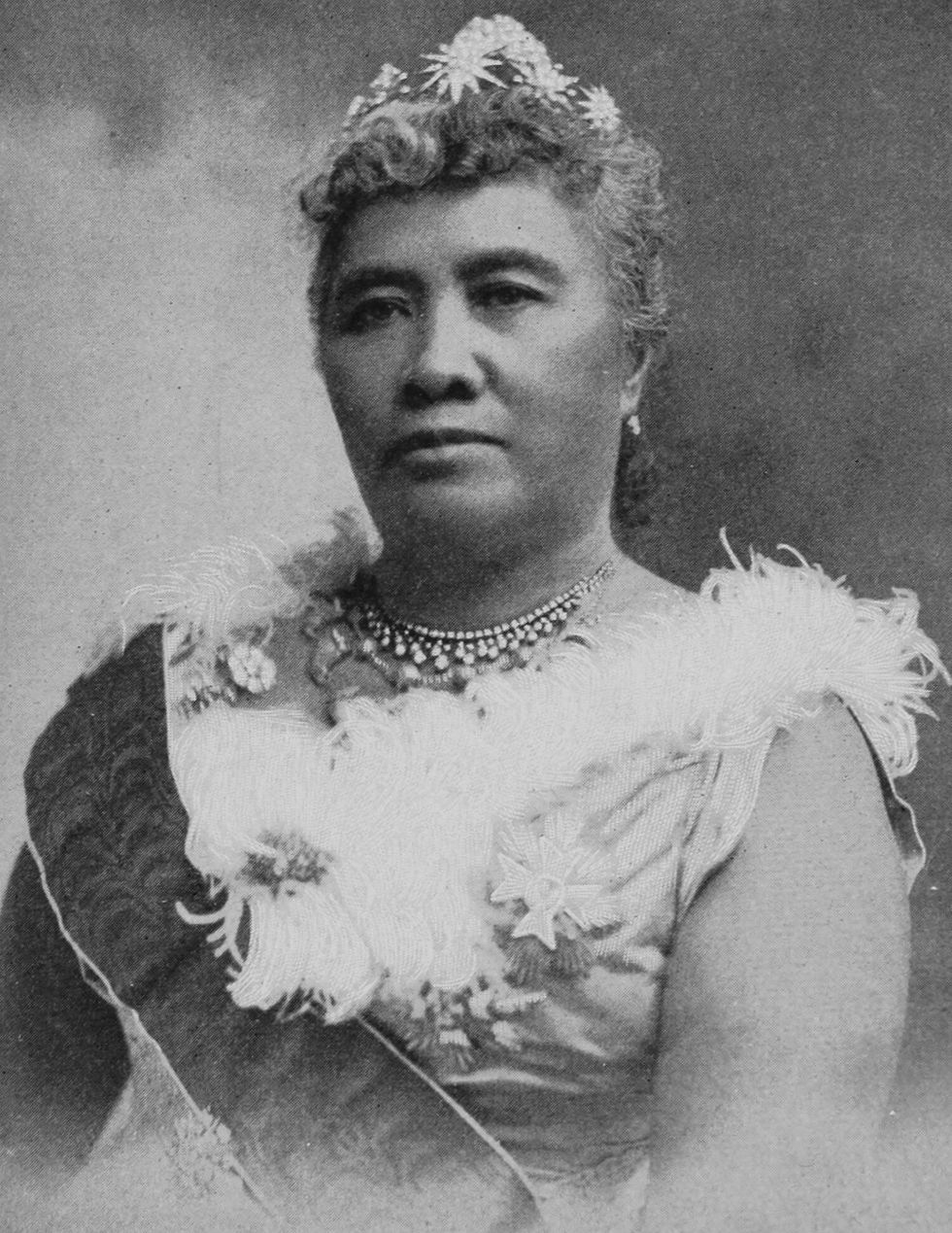 File:Liliuokalani, photograph by Prince, of Washington (cropped ...
File:Liliuokalani, photograph by Prince, of Washington (cropped ...
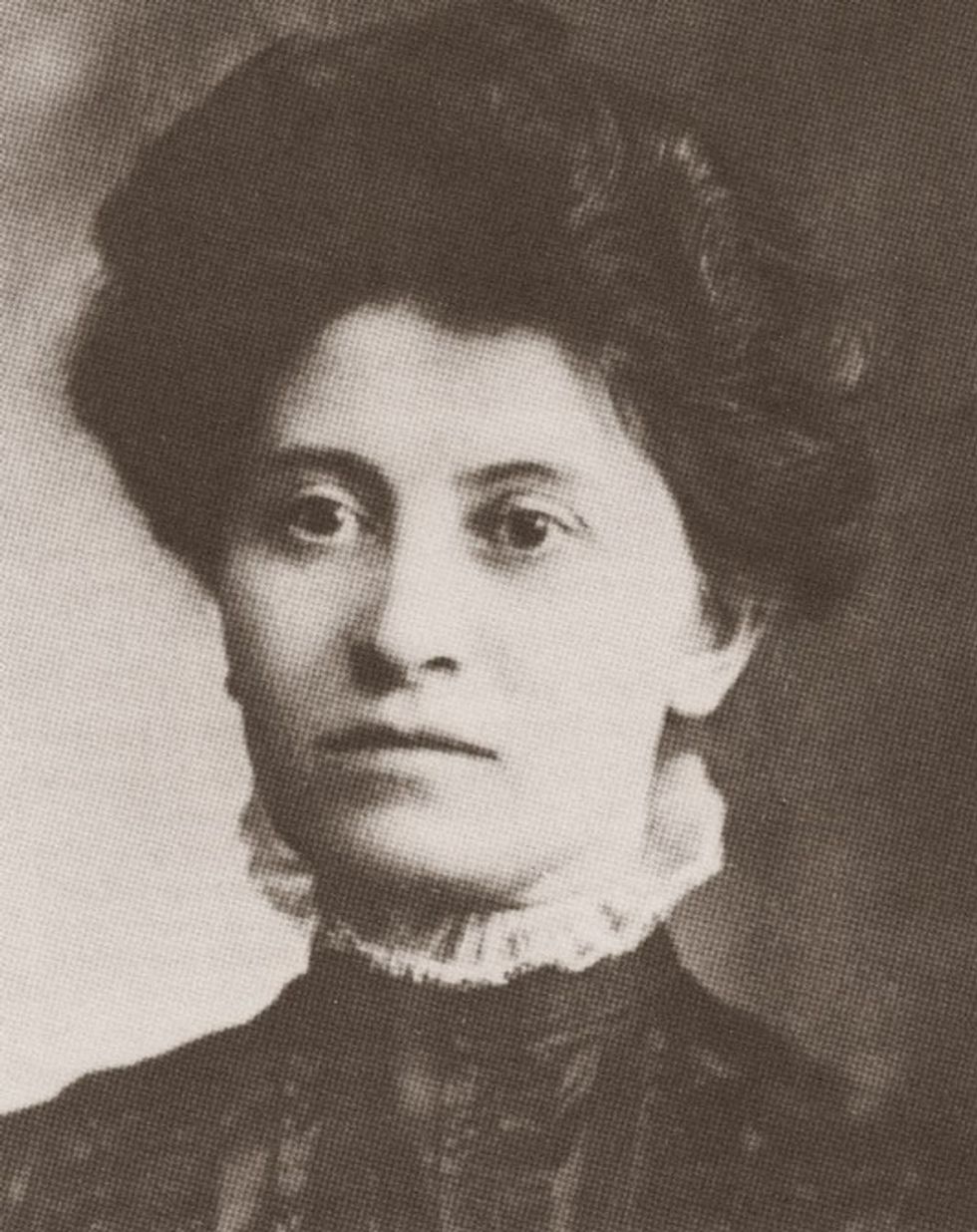 Theresa Malkiel
commons.wikimedia.org
Theresa Malkiel
commons.wikimedia.org
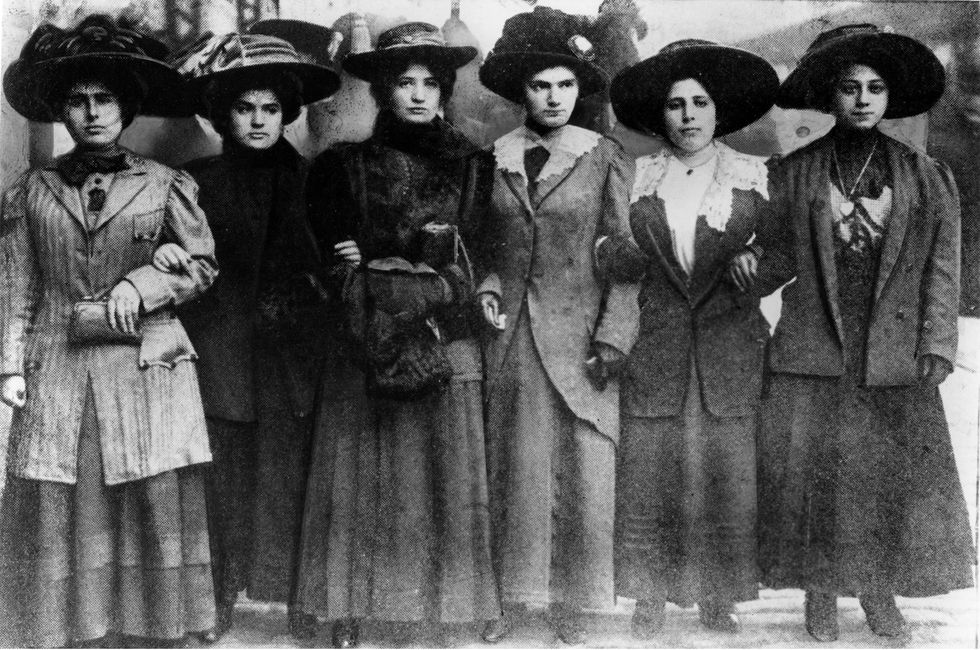 Six Shirtwaist Strike women in 1909
Six Shirtwaist Strike women in 1909
 U.S. First Lady Jackie Kennedy arriving in Palm Beach | Flickr
U.S. First Lady Jackie Kennedy arriving in Palm Beach | Flickr
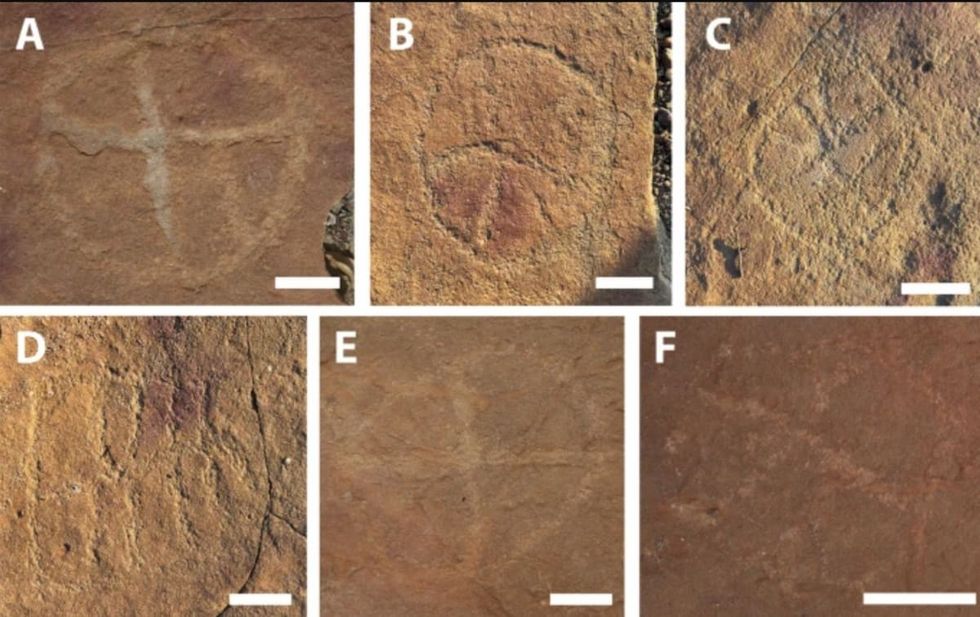 Image Source:
Image Source: 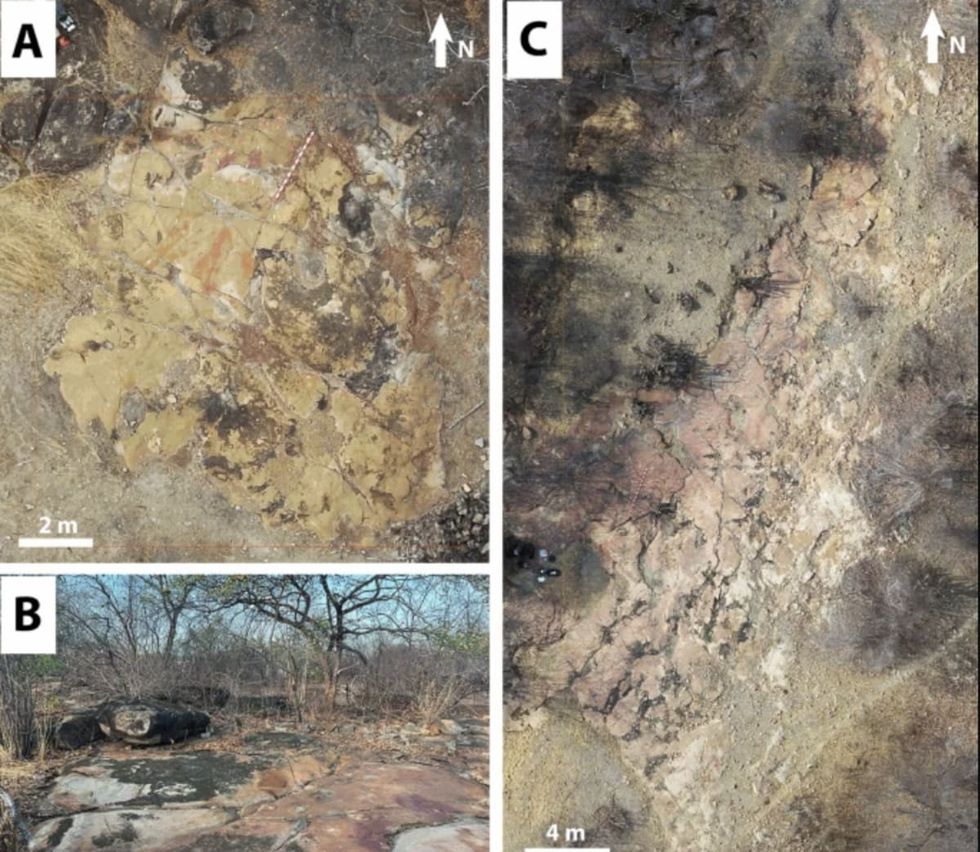 Image Source:
Image Source: 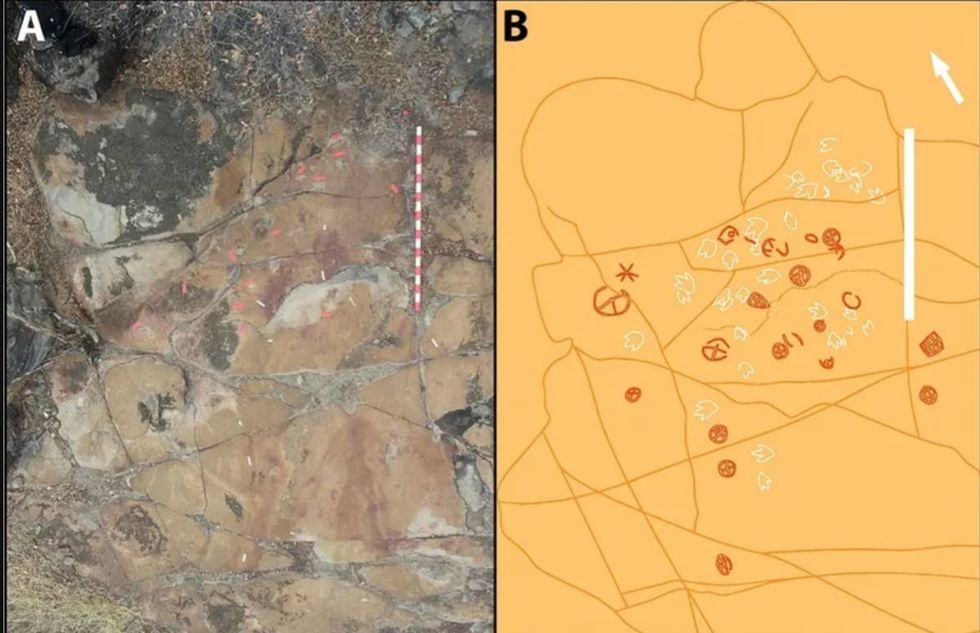 Image Source:
Image Source: 